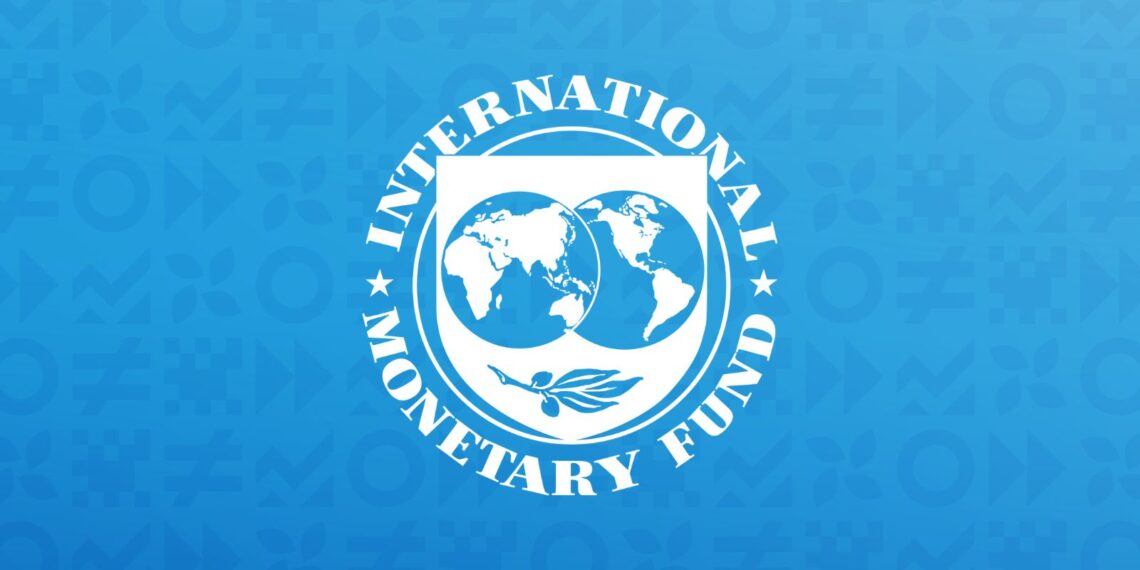The International Monetary Fund (IMF) may raise concerns regarding the Prime Minister’s recent announcement of subsidized power tariffs for residents of Azad Jammu and Kashmir (AJK). The significant disparities in tariff rates—ranging from Rs3 to Rs6 per unit in AJK compared to Rs6.72 to Rs35.26 elsewhere in the country—have ignited discussions among economists and policymakers.
Dr. Naved Hamid, Director at the Center for Research in Economics and Business (CREB), emphasized the necessity of thoroughly briefing the IMF to avoid complications, particularly in managing circular debt. He highlighted the importance of transparency and detailed explanations to mitigate potential issues.
Conversely, Dr. Nadia Tahir outlined the Finance Minister’s strategy to reduce the fiscal deficit by 1.5 percent through measures such as implementing a petroleum levy, aimed at generating Rs1.1 trillion in revenue. This approach is intended to stabilize the country’s financial situation amid ongoing economic challenges.
The Prime Minister’s announcement of a Rs23 billion relief package for AJK has drawn considerable attention, particularly regarding overdue water usage payments. This relief is deemed manageable within the federal budget and is seen as a step towards addressing longstanding grievances of the AJK residents. The contributions of the Neelum-Jhelum Hydropower Project to the national grid have bolstered AJK’s claims for fair treatment concerning tariff rates.
However, Dr. Qais Aslam expressed concerns from Punjab over potential political unfairness, advocating for a nationwide uniform tariff system. He suggested that a standardized tariff system across the country would ensure equitable treatment for all regions, promoting national unity and fairness.
The IMF’s stance on this matter remains uncertain, particularly in light of recent criticisms from Washington regarding Pakistan’s adherence to agreed conditions. The potential questioning by the IMF could influence future economic policies and the implementation of the subsidized tariffs.
As discussions continue, policymakers are urged to consider both the economic implications and the principles of fairness and equity in addressing the power tariff disparities across different regions of Pakistan.





